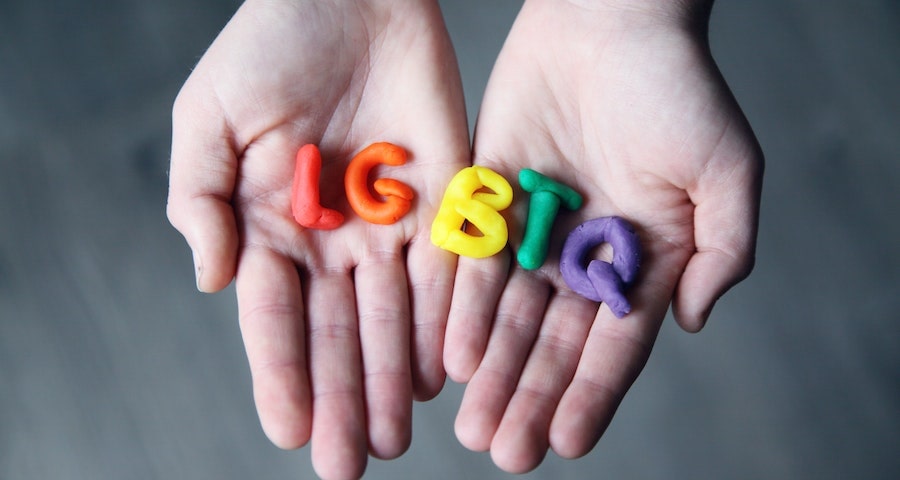
LGBTQIA+ rights and equality have been a long-standing issue in the world, with different countries and cultures having varying degrees of acceptance towards the community.
Despite the growing support and acknowledgment of LGBTQIA+ individuals, there are still places where discrimination and intolerance persist.
In this blog post, we will explore the progress made towards LGBTQIA+ rights and equality worldwide, as well as the ongoing challenges faced by the community.
The fight for LGBTQIA+ rights and equality has been ongoing for decades and has gained traction in the last few years. One significant milestone was the legalization of same-sex marriage in several countries, including the United States, Brazil, and Canada. Marriage equality grants same-sex couples the same legal rights as heterosexual couples, including parenting and inheritance rights.
However, the road to achieving marriage equality has not been easy or smooth. It has faced opposition from conservative groups, religious organizations, and political leaders who believe that marriage should only be between a man and a woman.
The social and cultural acceptance of LGBTQIA+ individuals has also made strides worldwide, with more people openly identifying as LGBTQIA+ and allies. In some parts of the world, LGBTQIA+ communities face less discrimination and more support from their family, friends, and society.
LGBTQIA+ representation in media and entertainment has also increased, with more diverse characters being portrayed on TV shows and movies, further breaking down stereotypes and prejudices.
Despite the progress, there are still places where LGBTQIA+ individuals face severe discrimination, violence, and even death. In some countries, homosexuality is illegal, and LGBTQIA+ individuals are subject to arrest, imprisonment, and sometimes even executed.
In Russia, for instance, a law passed in 2013 bans “propaganda of nontraditional sexual relations to minors,” which has led to increased harassment and violence against the community. LGBTQIA+ individuals in these countries face social and legal barriers that limit their freedom and rights.
The global pandemic has highlighted inequalities and the disproportionate impact on marginalized communities, including LGBTQIA+ individuals. The lockdowns and social distancing guidelines have impacted the mental health and wellbeing of many people in general, and for LGBTQIA+ individuals, there has been an added strain due to the lack of support and resources available.
With limited access to community centers, hotlines, and crisis services, many have been left isolated, leading to increased mental health issues.
Conclusion:
As we continue the fight for LGBTQIA+ rights and equality, progress has been made worldwide, but much work remains to be done. To achieve true equality, governments, institutions, and individuals must work together to dismantle discriminatory laws and policies, promote greater social acceptance, and support LGBTQIA+ individuals in all areas of life.
We must ensure that all individuals, regardless of their sexual orientation, gender identity, or expression, receive equal treatment and respect, and work towards a world where diversity is celebrated, and everyone is free to be themselves.
